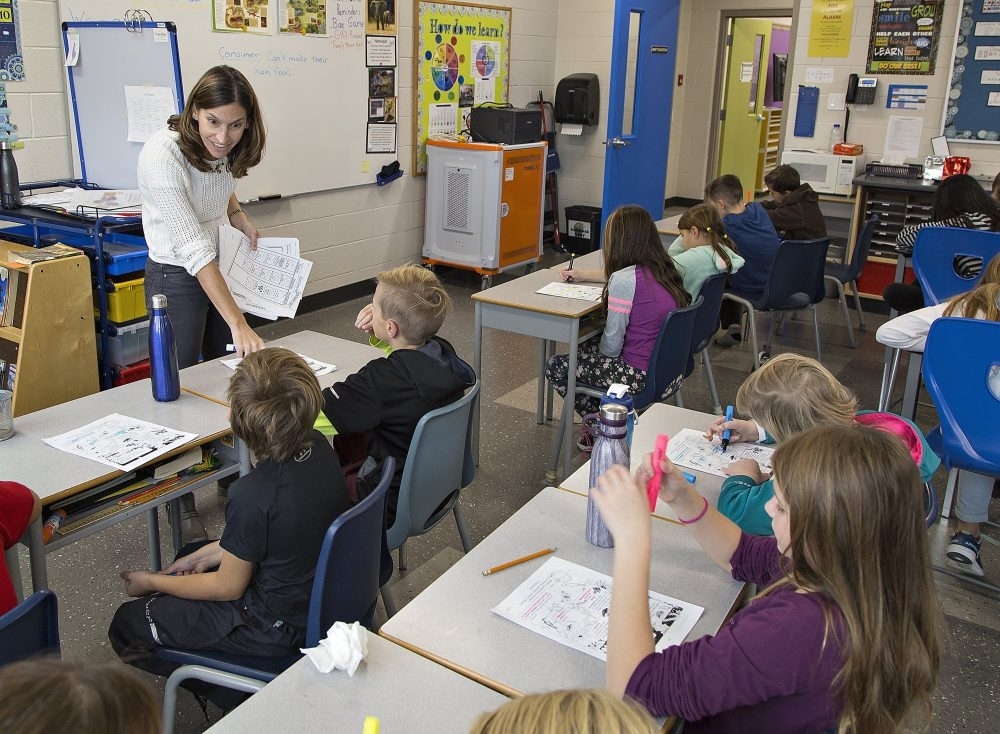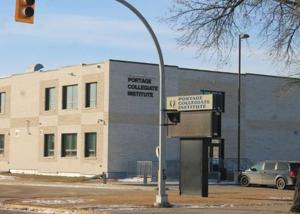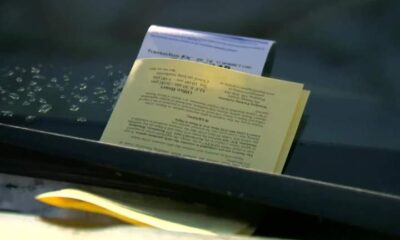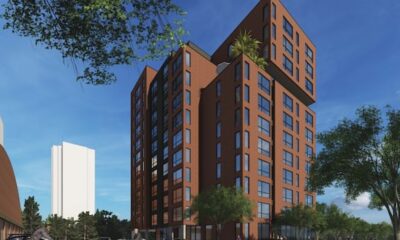Education
Parents Demand a Voice Amid Controversial Curriculum Changes

The back-to-school season, typically marked by excitement for new supplies and learning opportunities, has turned into a source of frustration for many parents in Winnipeg, Manitoba. Families increasingly report feeling excluded from decisions regarding their children’s education, particularly concerning the curriculum content in public schools. This growing disconnect has raised alarms about the effectiveness and transparency of the educational system.
Parental Exclusion in Educational Decisions
Many parents believe that they have become outsiders in a system meant to serve their communities. Topics such as Indigenous history, gender identity, and sexual education have sparked intense debates, yet parents often find themselves left out of discussions that directly impact their children’s learning. Decisions regarding curriculum changes are frequently made behind closed doors by school boards or provincial education departments, with families being informed only after changes have been finalized.
According to a survey conducted by the Fraser Institute in 2023, a significant majority of Canadian parents—70 percent—expressed a desire for greater involvement in their children’s education. Yet, only 30 percent felt included in the decision-making processes. This gap highlights a critical failure of the education system to engage the very families it aims to serve.
One of the most contentious issues revolves around the teaching of Canadian history. Textbooks and lessons are undergoing revisions, with traditional narratives about Canada’s founding and historical figures being minimized. In contrast, discussions around residential schools, systemic discrimination, and the impacts of colonialism have become more prominent. While addressing these injustices is essential, many parents worry that an imbalanced focus may lead to a skewed understanding of national history among students. They argue that history education should foster critical thinking and provide context rather than promote a specific ideology.
Impact of Exclusion on Enrollment Trends
The ramifications of excluding parents from the educational conversation are evident in enrollment trends. In Manitoba, private school enrollment surged by 12 percent between 2018 and 2023, while homeschooling rates increased by nearly 20 percent. Many families are choosing to withdraw their children from public schools, citing a lack of consultation and concerns regarding curriculum changes perceived as ideologically driven.
This situation is not merely a matter of differing political views; it is fundamentally about trust and transparency. When parents feel ignored, the integrity of public education is compromised. Historically, in the 1980s and 1990s, curriculum updates were shared through town halls and public consultations, allowing parents to ask questions and provide feedback. Such accountability has diminished, leading to rising tensions within classrooms and leaving teachers to navigate politically charged debates without adequate support.
Parental involvement should not equate to controlling classroom content. Instead, it should foster a partnership between families and educators, as parents possess unique insights that can enhance learning outcomes. Implementing open dialogue, advisory committees, and review panels can help ensure that families have a voice in educational matters. Several states in the United States have successfully utilized parental review panels, demonstrating that family engagement and academic rigor can coexist.
The stakes are high for public education. It should be a collaborative effort that strengthens community ties. When parents are sidelined, trust erodes, enrollment declines, and communities risk fragmentation. Schools in Winnipeg face the complex task of balancing transparency, diversity, and academic integrity, but they cannot achieve this without meaningful parental involvement.
As the new school year begins and children prepare for another academic journey, parents in Winnipeg and across Manitoba must advocate for their inclusion in educational discussions. The rewriting of history, the debate over values, and the future of education are at a critical juncture. Public schools can only thrive when families are involved, students receive robust support, and decisions are made transparently. While curriculum debates are inevitable, exclusion should not be an option. The future of public education depends on a united effort.
“Public schooling is meant to be a shared effort. When parents are shut out, trust erodes, enrollment drops, and communities fracture.”
— Heather Klein is the Editor of The Graphic Leader. Readers wishing to share their thoughts on the educational situation in Winnipeg, Manitoba, or beyond are encouraged to send letters to the editor at [email protected].
-

 Politics4 weeks ago
Politics4 weeks agoSecwepemc First Nation Seeks Aboriginal Title Over Kamloops Area
-

 World5 months ago
World5 months agoScientists Unearth Ancient Antarctic Ice to Unlock Climate Secrets
-

 Entertainment5 months ago
Entertainment5 months agoTrump and McCormick to Announce $70 Billion Energy Investments
-

 Science5 months ago
Science5 months agoFour Astronauts Return to Earth After International Space Station Mission
-

 Lifestyle5 months ago
Lifestyle5 months agoTransLink Launches Food Truck Program to Boost Revenue in Vancouver
-

 Technology3 months ago
Technology3 months agoApple Notes Enhances Functionality with Markdown Support in macOS 26
-

 Lifestyle3 months ago
Lifestyle3 months agoManitoba’s Burger Champion Shines Again Amid Dining Innovations
-

 Top Stories2 months ago
Top Stories2 months agoUrgent Update: Fatal Crash on Highway 99 Claims Life of Pitt Meadows Man
-

 Politics4 months ago
Politics4 months agoUkrainian Tennis Star Elina Svitolina Faces Death Threats Online
-

 Sports5 months ago
Sports5 months agoSearch Underway for Missing Hunter Amid Hokkaido Bear Emergency
-

 Politics5 months ago
Politics5 months agoCarney Engages First Nations Leaders at Development Law Summit
-

 Technology5 months ago
Technology5 months agoFrosthaven Launches Early Access on July 31, 2025



















